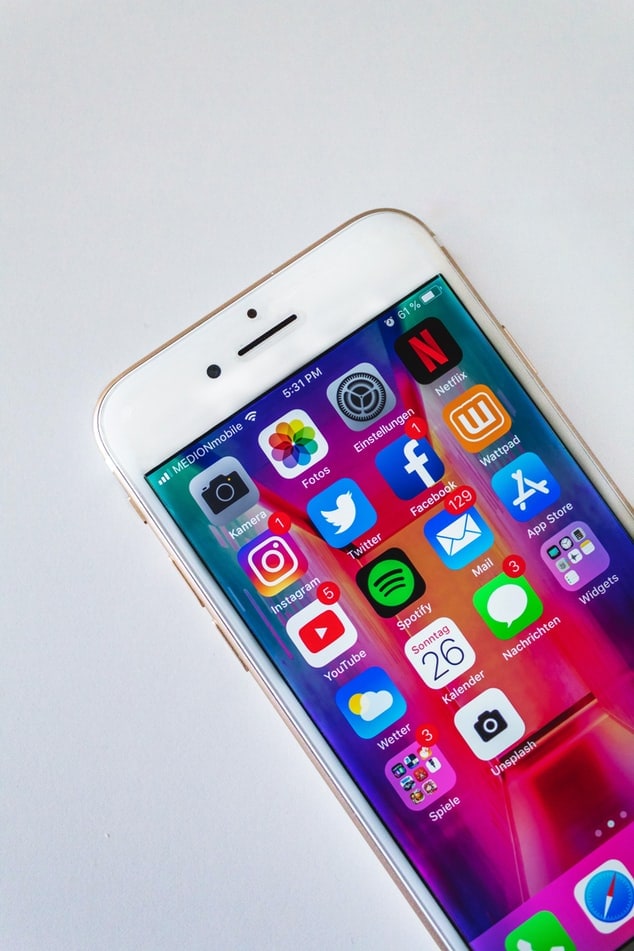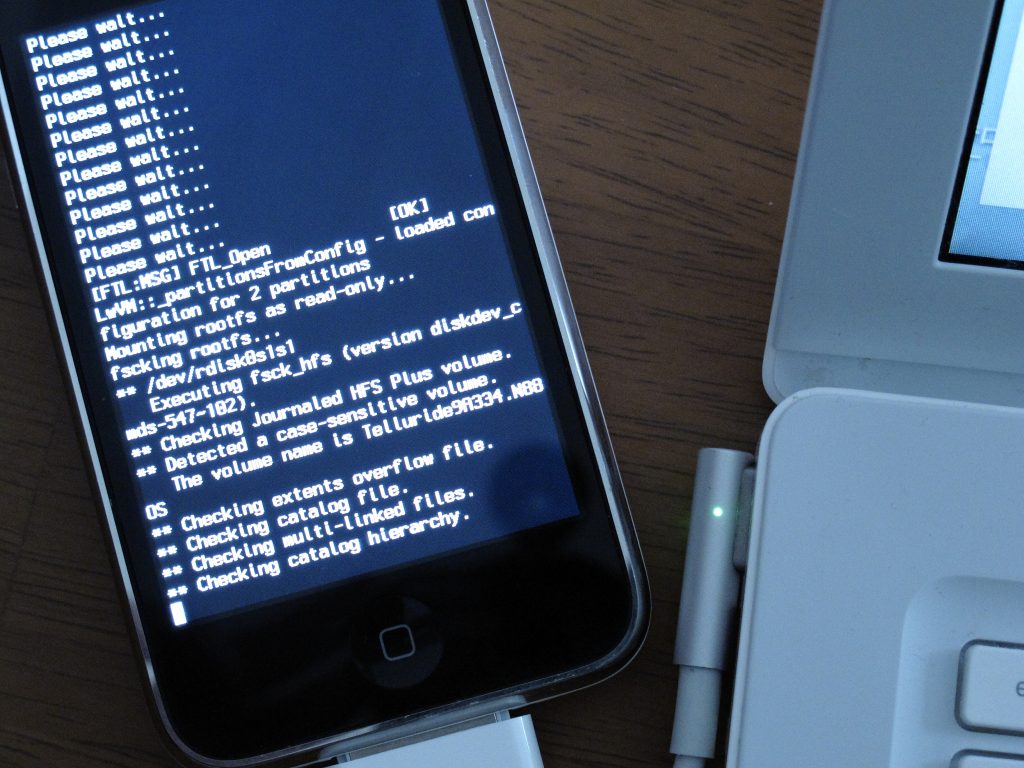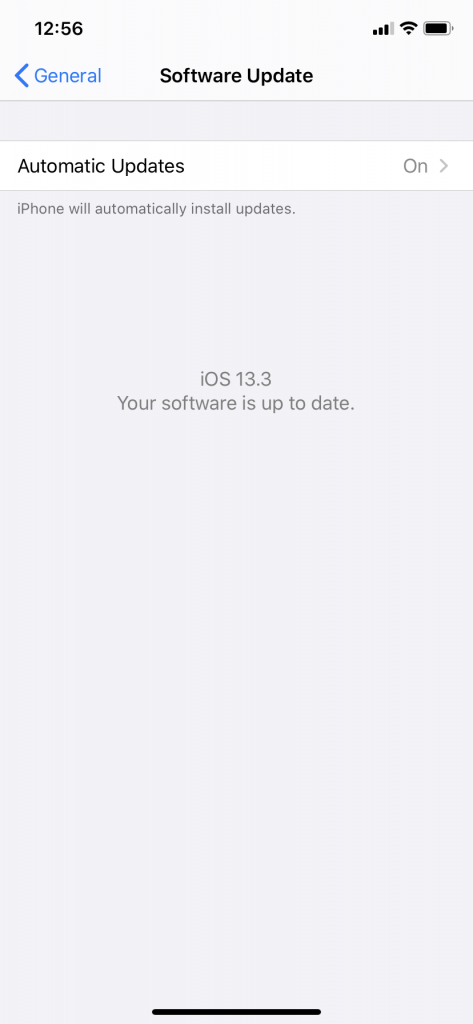Let’s say that you just got yourself a new iPhone. You’re excited to check out this remarkable piece of technology and see what it can do. At the same time, though, you have a little bit of trepidation. After all, your iPhone is like a mini-computer, and aren’t computers susceptible to viruses? Perhaps you had a laptop or a desktop in the past that ran into problems with malware or ransomware, and that’s the last thing you want happening with your iPhone.
If that’s your mindset, then you may be wondering about antivirus protection for your phone. Does such a thing exist, and is it worth it to get it? For the answers to both of those questions, read on.

Does Antivirus Software Exist for Your iPhone?
The simple answer to this query is no. Traditional antivirus software for computers would have full access to your operating system. It could scan your files and applications to make sure that there were no harmful programs causing you problems.
There are security apps that you can install on your iPhone that are advertised as being “antivirus.” However, they aren’t necessary, and that is because of how the iPhone is designed.
Any apps that you install on your phone have limitations as to what they can do. They can only access data for which you give them permission. In other words, that means that any app which you install would not be able to access your bank account information, your photos, or anything else of a confidential or private nature which is on your phone. In order for an app to access anything on your phone at all, you would have to extend explicit permission for it to do so.
Why is Your iPhone Set-Up that Way?

It is not by accident that your phone has been set up to run in the way that we’ve described. Apple has conceived of and created a device where any apps that end up in the App Store have gotten onto a white list. Before being made available, they have been tested extensively for viruses and malware. You can only install apps on your iPhone that you have purchased or downloaded for free through the App Store.
This is another way of saying that any app which you install on your phone is extremely unlikely to have been corrupted. That is not necessarily the case with other operating systems, such as Android. Apple’s security measures when it comes to their products, and the iPhone in particular, are unprecedented. That’s why, even if you know lots of people who have iPhones, you’ll never hear about any of those phones being infected with a virus. It’s almost impossible for it to happen.
Are There Any Exceptions to This?

We say almost impossible, because, in fact, there would be one way your iPhone could get infected with a virus. That is if you jailbroke it. Jailbreaking is when you or someone you know uses a computer program to alter the software of your iPhone fundamentally. The main reason people do this is so that their iPhones can then run non-native apps that don’t come through the App Store.
It might be tempting to do this, and you can probably find “jailbroken” phones on places like Craigslist. However, doing this to your phone or buying one in this condition comes with risks that don’t exist with an iPhone where the software hasn’t been changed.
The main problem with a jailbroken iPhone is that the safeguards that we’ve described will have been rendered ineffective. If you can download apps onto your iPhone that haven’t gone through that meticulous testing process to make sure that they are secure, that’s when an app could conceivably infect your device with a virus. Then, you’d be in the same situation that you would be in if your desktop or laptop were infected with malware or spyware.
To prevent this from happening, all that you have to do is not jailbreak your iPhone. As long as you do that, there is no reason for you to ever download antivirus software to your device.
Keep the iPhone Updated with the Latest Version of iOS

It is possible for there to be an occasional security flaw with the iPhone. No computerized system is ever completely impenetrable. To make sure that your phone remains secure, though, rather than looking around for antivirus software, all that you need to do is to make sure that you’re running the latest version of iOS.
You can set your iPhone to download the latest version of iOS whenever it becomes available. To do that, go to Settings. From there, head to General, then Software Update. You should see the option at the top of the screen that says Automatic Updates. It should be toggled to the “On” position. If it is green and to the right, you will know that mode is active.
If, for some reason, you don’t want to have automatic updates, you can also check periodically to see whether a new iOS version has come out. You just have to go to Settings, then General, and then Software Update. If there is a new one there, tap it. The downloads cost you nothing; they come free when you purchase or lease an iPhone.
If you want the new update to install at a later time, you can hit Install Later. The update will take place that night. Just be sure that you have plugged your iPhone into power or the download will not occur.
So, There Are Really No Antivirus Software Programs for iPhone?
To be clear, if you were to type something into the search engine in the iPhone App Store like “iPhone antivirus software,” you would get all kinds of hits. There are programs like Fyde Mobile Security, F-Secure SAFE, Trend Micro Mobile Security, Avira Mobile Security, and many more. Some of them have free versions, but others cost money.
The thing of it is, though, not a single one of them is necessary, not as it relates to iPhones. Apple has designed a smartphone that is secure to the point that you can own it for years without ever needing to worry about spyware, malware, or any of the other gunk that can infect your computer if you’re not careful.
That’s good news for you because when you have an iPhone, it’s one less expense and one less thing about which you have to worry. You can certainly use one of the apps that we mentioned, but it would be extraneous. Antivirus software for iPhones is redundant. That’s one of the reasons why these devices have remained worldwide bestsellers. Incidentally, the same is true for other Apple products, like Apple Watches and iPads. They were designed to run the same fundamental system as it relates to apps.






